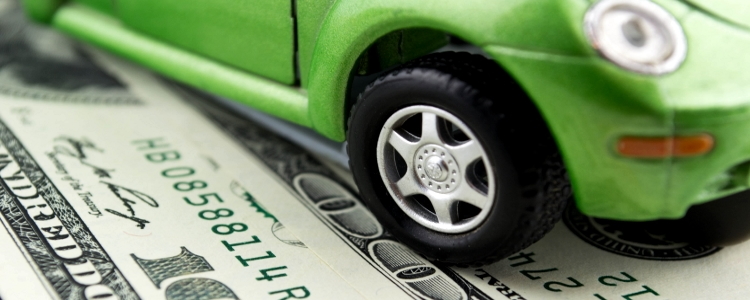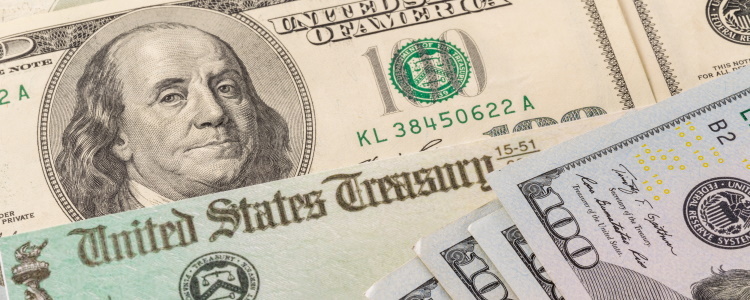When it comes to our money, there is certainly no shortage of ways to spend it. This is what makes budgeting so difficult to do - money is so important, yet there are so many things that we need and want to allocate it toward. However, a method known as the 50-20-30 budget (or the 50-20-30 rule) helps make budgeting less complicated.
The Importance of Budgeting

According to a recent survey performed by an investment app called Acorns, nearly half of all Millennials (those ages 18-34) say they are "treading water" financially. But living paycheck-to-paycheck isn't something that's exclusive to younger people.
Most financial experts agree that personal finance is done best when a person sticks to a budget. Budgeting helps us allocate our money to where it's needed and track our spending so we are aware of our financial choices. And budgeting has no age exclusions. It's helpful for all people, no matter who you are, where you live, or what your financial situation is.
And with any good budget, saving should be a part of the plan. Your future self will thank when you are able to retire on time, and/or when something unexpected happens during your life (it will).
But budgeting can be extremely difficult. It's tough to track and analyze every dollar we spend, prioritize our variable expenses, and save up for rewards we can't reap until decades from now. This is why many financial experts love and recommend the 50-20-30 budget.
The 50-20-30 Budget
The 50-20-30 budget is a proportion guideline to help you divide up your take-home pay and allocate it to three categories. 50% of it is for your essential needs, 20% is for savings and debt reduction, while the remaining 30% is for discretionary spending.
- 50% For Needs or Essentials
Using the budget, 50% of your net pay OR LESS should go toward paying for the necessities in life. These are normally fixed expenses and are generally the same for everybody. They include housing, food, transportation, utilities, etc. Although not a life-or-death scenario, many also include the minimum payment on all loans and credit accounts under this category. - 20% For Savings and Debt Reduction
Under the 50-20-30 budget, 20% OR MORE of your after-tax pay should be directed toward your financial obligations and goals. Financial goals generally include retirement savings, emergency savings and college savings for current and/or future children. As for debt reduction, any extra money you can provide to eliminate credit card balances or pay off loans faster should be factored in. While saving for retirement may not seem critical when you are in your 20s or even 30s, the math is undeniable. Those that take advantage of market gains and compounding interest sooner have a much easier time of meeting their retirement goals. - 30% For Discretionary Spending
This category is wide-spanning and is different for everybody. It all depends on what you personally want to spend money on, and what you are willing to sacrifice. These personal and lifestyle expenses pretty much cover every other dollar you spend that doesn't fall under savings, debt reduction, and essentials. Think vacations, travel, entertainment, hobbies, gym fees, dining out, pets and the like. And while this budget offers flexibility by allowing 30% of your income to be allocated to discretionary spending, the goal should be to focus on spending 30% OR LESS of your income on these expenses.
Again, budgeting is complicated. It is so layered, variable, and different from person-to-person. For example, you need food to survive, but you don't need that bag of Doritos; or you need to wear clothing, but how much you spend on it can be so drastically different. This kind of detail is exactly why personal finance experts love the 50-20-30 budget.
The 50-20-30 budget is flexible and can be used by anyone. Your life is your life. You can use the budget as a framework and tailor it around your specific situation and what matters to you. Most people find that it is an easy and effective way to handle their finances.
Financing That's Fast
Just as it's important to budget when dealing with personal finance, it's crucial that you know what you can spend when it's time to buy a car. And if your credit is keeping you from getting approved for an auto loan, it might be time to let Drivers Lane help.
We specialize in helping people with bad credit find auto financing, sometimes for little or no money down. We are here to help, and we want to make financing your next car as easy as possible. To get started, all you need to do is complete our simple and secure online application.























